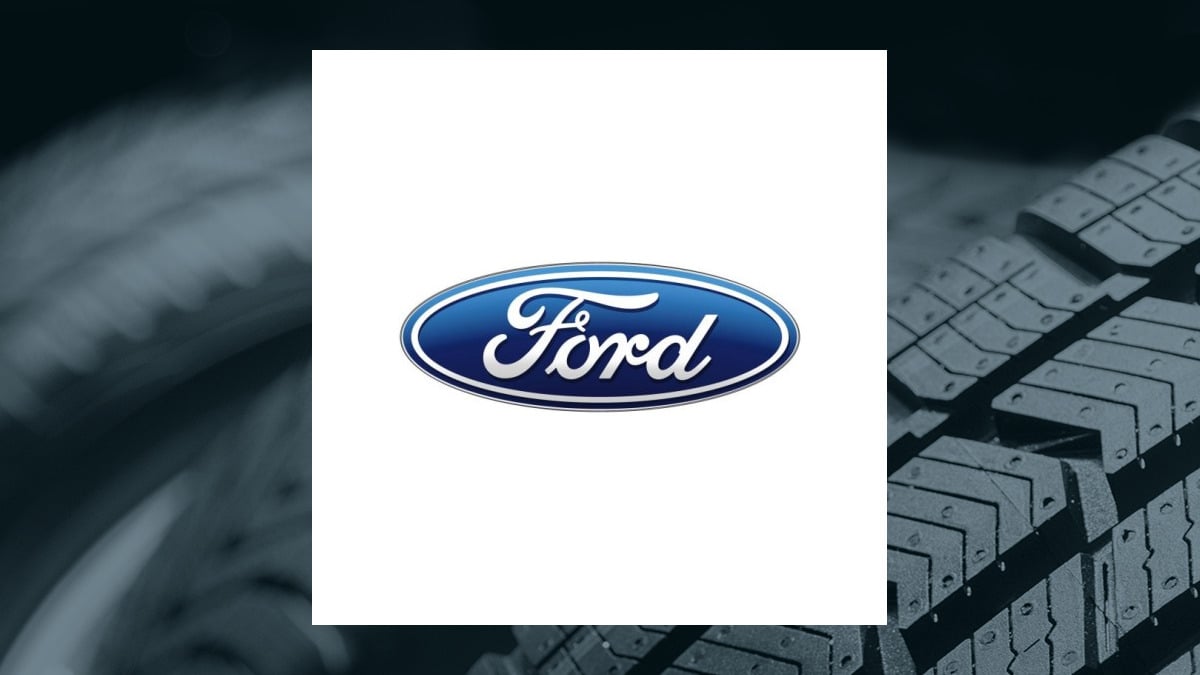 F ord faces challenges in complying with regulations for safety, emissions, and autonomous driving technology. Market competition and consumer privacy concerns also impact F ord’s product plans. Additionally, economic and geopolitical events can affect F ord’s global operations. Industry volatility, price competition, and currency fluctuations pose financial risks. Mitigation strategies focus on cybersecurity, cost efficiency, and risk management. F ord’s focus on sustainability, governance practices, and forward-looking guidance indicates a commitment to long-term growth despite uncertainties. The company’s success relies on adapting to market trends and managing risks effectively to maintain its competitive edge.
F ord faces challenges in complying with regulations for safety, emissions, and autonomous driving technology. Market competition and consumer privacy concerns also impact F ord’s product plans. Additionally, economic and geopolitical events can affect F ord’s global operations. Industry volatility, price competition, and currency fluctuations pose financial risks. Mitigation strategies focus on cybersecurity, cost efficiency, and risk management. F ord’s focus on sustainability, governance practices, and forward-looking guidance indicates a commitment to long-term growth despite uncertainties. The company’s success relies on adapting to market trends and managing risks effectively to maintain its competitive edge.
Executive Summary
F inancials
Revenue growth has been fluctuating over the past three years due to changes in market interest rates, pricing assumptions, business mix, and competition. Interest expense variations are influenced by market rates, borrowing spreads, and asset-liability management decisions. Operating expenses have primarily been affected by personnel, facilities, and customer contract costs. Additionally, changes in other income/(loss) have been driven by market valuation adjustments to derivatives and miscellaneous items. The company’s net income margin is 4.2%, which has improved compared to the previous period. It is higher than industry peers, who have a margin of 3.1%.
Management Discussion and Analysis
Management has focused on restructuring actions, operational and cybersecurity systems, production efficiency, and digital services development. Success of these initiatives remain uncertain due to risks and uncertainties outlined in the report. Management assesses the company’s competitive position by highlighting market trends like lower-than-anticipated EV adoption rates and pricing pressures. They adjust spending to match the pace of EV adoption, incurring expenses related to suppliers and inventory adjustments. Unexpected changes in EV demand could impact the business significantly. Major risks include cybersecurity incidents, labor disruptions, and market volatility. Mitigation strategies include developing secure digital services, maintaining a competitive cost structure, and implementing risk management measures for foreign currency and commodity price fluctuations.
Key Performance Indicators (KPIs)
Risk Assessment
The top external factors posing risks to company operations and financial performance are cybersecurity incidents, labor issues, market acceptance of products, economic or geopolitical developments, industry sales volume volatility, price competition, inflationary pressure, and fluctuations in commodity and energy prices. F ord assesses cybersecurity risks by monitoring operational and security systems for potential incidents. They prioritize developing secure digital services to protect against disruptions. This proactive approach ensures the protection of their operations and reputation in the digital business environment. Yes, there are contingent liabilities and legal issues that could impact the company’s financial position and reputation. F addresses them through commitments primarily consisting of guarantees, indemnifications, litigation, claims, and warranty actions.
Corporate Governance and Sustainability
The board of directors consists of Mark Kosman as the Chief Accounting Officer. There are no notable changes in leadership or independence mentioned in the provided information. The company’s governance practices and workforce address diversity and inclusion through strategic acquisitions, investments in electrification, and employee incentives. There is no specific mention of a commitment to board diversity in the provided context. F addresses sustainability through its electric vehicle strategy, adjusting operations to match adoption rates. It incurred expenses for EV-related suppliers and adjusted revenue recognition. The focus on compliance with regulatory standards and use of credits reflects its commitment to responsible business practices.
F orward Guidance
The company’s forward-looking guidance addresses its strategic initiatives and priorities by highlighting potential risks and uncertainties, such as regulatory changes and consumer expectations, that could impact its financial performance. F is factoring in flat to modest U.S. industry growth, the launch of a new Super Duty model, lower industry pricing, and cost reductions in material, freight, and manufacturing into its forward-looking guidance for 2024. Yes. The company’s outlook for 2024 includes significant cost reductions and the introduction of new products, indicating a commitment to long-term growth and competitiveness through strategic shifts in operations and investments.
For more information:
This article was created using artificial intelligence technology from Klickanalytics.
